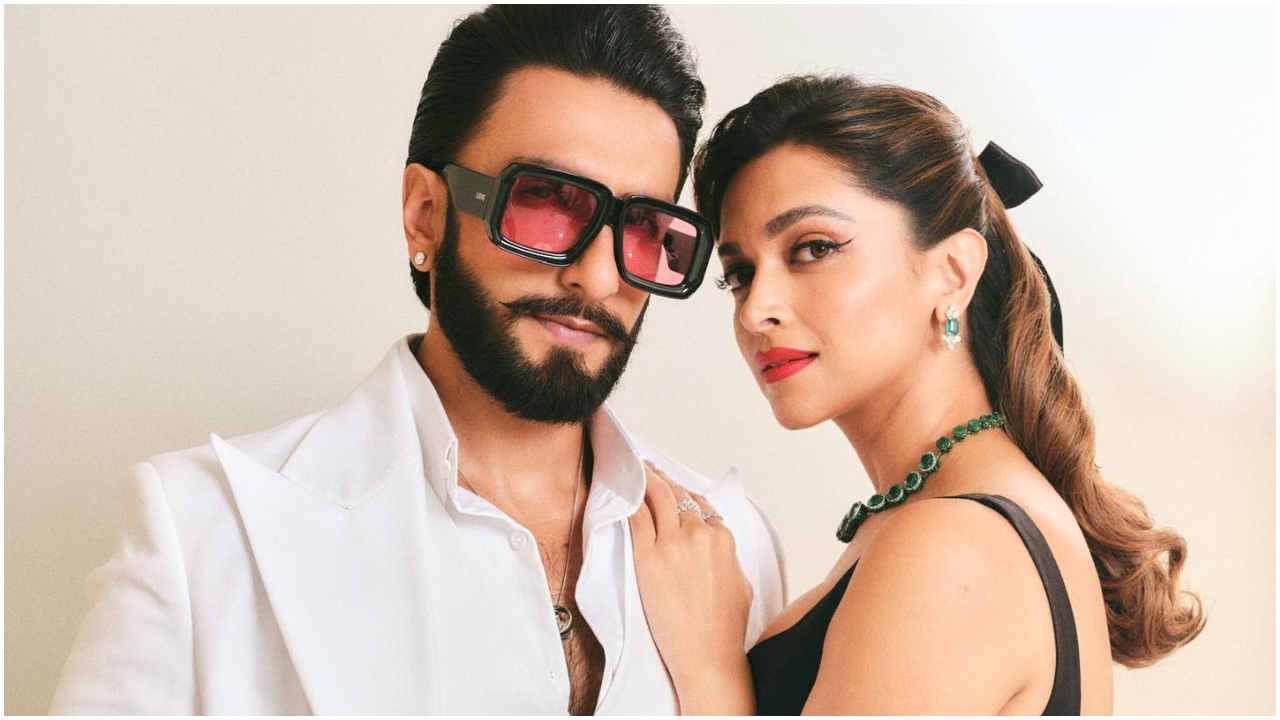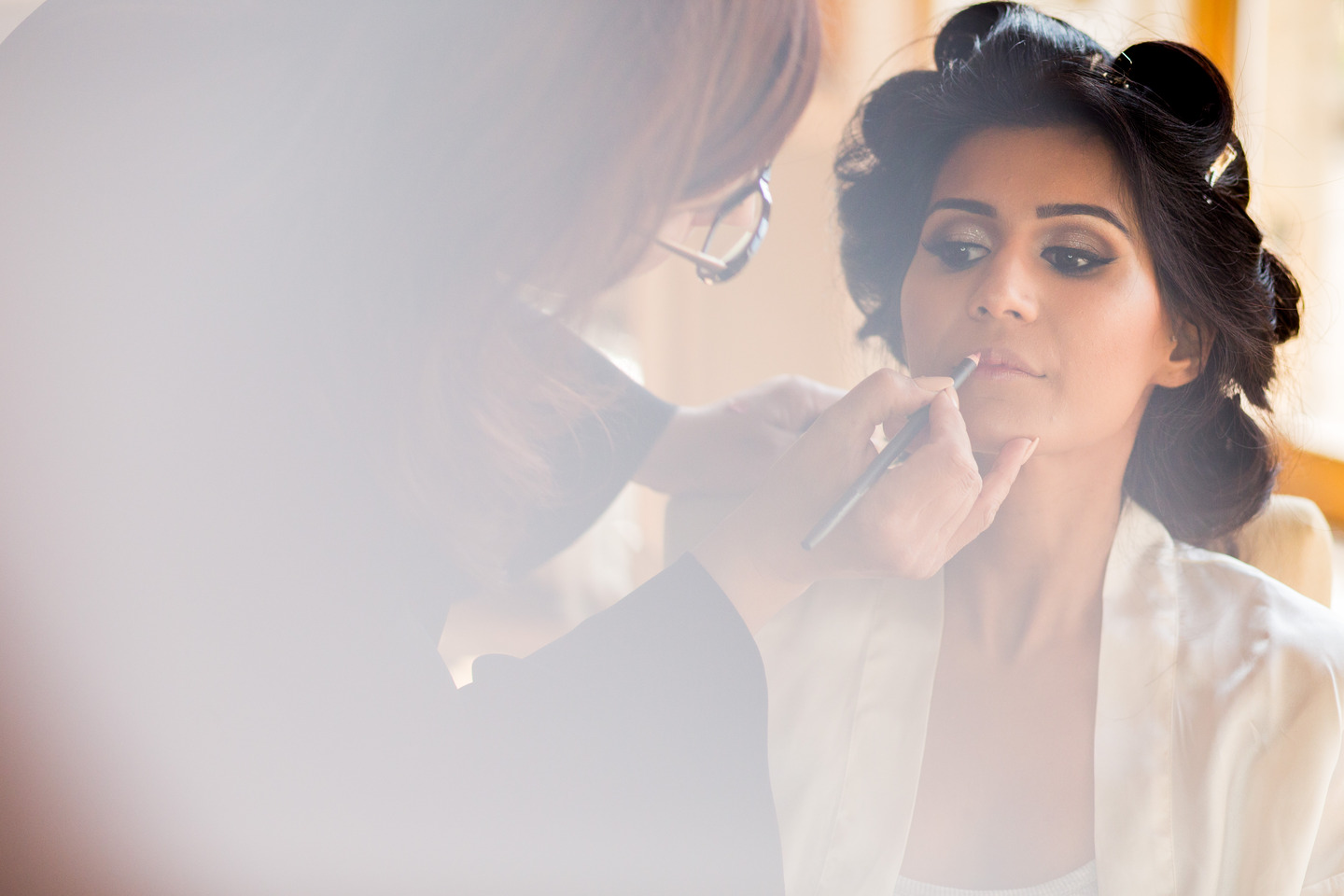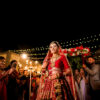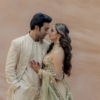A wedding is often considered one of the most significant milestones in a person’s life. It is a celebration of love, unity, and the coming together of two souls and their families. While the intricate details of planning a wedding—such as selecting the venue, choosing the perfect attire, or curating the guest list—are undeniably important, there’s an ancient science that often operates in the background, subtly shaping the course of these celebrations: astrology.
For centuries, astrology has played a pivotal role in various cultures, offering guidance on everything from individual life paths to momentous occasions. Weddings, being a union not just of two individuals but of two destinies, are often imbued with astrological significance. In many parts of the world, particularly in India, astrology serves as an invisible yet powerful thread, weaving tradition, spirituality, and cosmic alignment into the fabric of the marriage ceremony.
From choosing auspicious wedding dates to evaluating compatibility and even influencing the aesthetics of the event, astrology provides a framework that transcends mere superstition. It offers comfort, a sense of control, and a deep connection to the universe. Khush delves into the many ways astrology influences wedding planning, exploring its cultural roots, spiritual dimensions, and modern interpretations. Whether you’re a believer or a sceptic, understanding astrology’s role in wedding planning adds a fascinating layer of depth to the joyous occasion of matrimony.
Astrology and compatibility: Building a cosmic connection
At the heart of astrology’s influence on wedding planning is the concept of compatibility. In many traditions, the first step in planning a wedding begins long before the venue is booked or the guest list is finalised—it starts with the alignment of stars in the birth charts of the couple. Known as kundali matching in Vedic astrology, this practice evaluates the celestial harmony between two individuals. This process goes beyond romantic chemistry. It involves analysing various aspects of the couple’s horoscopes, including:
Emotional resonance
The moon sign is a crucial element as it governs emotions. A harmonious connection between the couple’s moon signs is believed to foster mutual understanding and emotional depth.
Long-term stability
The placement of planets like Venus (symbolising love) and Mars (representing passion) indicates the balance between affection and energy in the relationship.
Family dynamics
Compatibility extends to how well the couple’s families are likely to get along, ensuring peace and harmony in their married life. In some cases, potential challenges revealed in the charts are addressed through remedies like specific prayers or rituals, ensuring that cosmic hurdles don’t hinder marital bliss. This deep-rooted belief in aligning destinies ensures that the marriage begins on a foundation of balance and harmony.
Auspicious wedding dates: The importance of timing
In astrology, timing is everything. Selecting an auspicious wedding date, or muhurat, is one of the most critical aspects of wedding planning in many cultures. The belief is simple: the cosmic alignment at the time of the wedding will influence the couple’s married life. Astrologers carefully analyse planetary positions, lunar phases, and even the couple’s birth charts to pinpoint the most favourable moments. These calculations consider:
Planetary transits
Planets like Jupiter and Venus, which represent prosperity and love, are given prime importance. A wedding date when these planets are strong is considered ideal.
Lunar calendar
The moon’s position influences emotions and energy, making certain lunar phases more auspicious than others.
Avoiding doshas
Certain periods, like Rahu Kaal or eclipses, are avoided as they are believed to bring inauspicious energy.
The precision of these timings often dictates the schedule of the wedding day itself. In some cases, ceremonies are timed to the exact minute to ensure cosmic alignment. While this might seem rigid, it adds a sense of divine order to the proceedings, making the event feel even more special.
Rituals rooted in Astrology
Astrology’s influence extends beyond the selection of dates—it also shapes the rituals performed before, during, and after the wedding. Many of these practices aim to harmonise planetary energies and seek blessings for the couple’s future. Key examples include:
Graha shanti (Planetary peace ritual)
This pre-wedding ritual involves prayers to pacify malefic planets in the couple’s charts, ensuring a serene marital journey.
Navagraha puja (Worship of the nine planets)
In Vedic traditions, the nine celestial bodies are worshipped to invite their blessings for prosperity and happiness.
Manglik dosha remedies
If either individual is found to have a manglik dosha—a condition caused by the unfavourable placement of Mars—specific rituals are performed to neutralise its effects.
These rituals are more than symbolic; they are deeply spiritual practices that connect the couple and their families to the cosmic order, imbuing the wedding with a profound sense of purpose and sanctity.
Astrology in aesthetic choices
Incorporating astrology into wedding planning goes beyond dates and rituals—it also influences the aesthetic and experiential aspects of the event:
Colour choices
Astrologers often recommend specific colours based on the bride and groom’s zodiac signs, adding a personalised touch to the décor and attire.
Jewellery with gemstones
Precious stones like emeralds, rubies, or sapphires, aligned with favourable planets, are incorporated into bridal jewellery to enhance positive energies.
Floral arrangements
Even the choice of flowers can be influenced by astrological recommendations, with certain blooms being considered lucky for specific zodiac signs.
By integrating these elements, weddings become not only visually stunning but also cosmically aligned, creating a unique blend of tradition and personalisation.
Astrology as a source of psychological comfort
Beyond its spiritual and cultural dimensions, astrology serves as a psychological anchor during the often overwhelming process of wedding planning. Knowing that their union has cosmic approval provides couples and families with:
Reassurance
Believing that their partnership is destined can alleviate doubts and anxieties.
Conflict resolution
Astrological insights into personality traits can help couples navigate challenges with greater empathy.
Stress relief
For families, the structured guidance provided by astrological traditions offers a sense of order amidst the chaos of wedding planning.
This psychological comfort is perhaps one of the most underrated yet impactful benefits of astrology in wedding planning, helping all involved approach the event with confidence and positivity.
A modern take on Astrology
In today’s world, astrology has evolved to resonate with contemporary couples. While traditional practices continue to thrive, many are finding innovative ways to incorporate astrology into their weddings:
Astrology – themes and invitations
Celestial motifs and zodiac-inspired designs add a whimsical charm to wedding stationery.
Personalised favours
Zodiac-based wedding favours, such as candles or keychains, create memorable keepsakes for guests.
Astrological consultations
Many wedding planners now collaborate with astrologers to offer bespoke cosmic advice, blending tradition with modern convenience.
These modern interpretations ensure that astrology remains relevant, adding depth and personalisation to weddings without feeling outdated.
Astrology’s role in wedding planning is both timeless and transformative. By aligning human lives with the cosmic order, it offers a unique blend of tradition, spirituality, and emotional reassurance. In a world where weddings often emphasise grandeur and spectacle, astrology brings an element of introspection, reminding us that a marriage is not just a union of two people but also of their destinies. For couples seeking a deeper connection to their celebrations, astrology offers a celestial guide, turning their wedding into a truly cosmic celebration of love.













